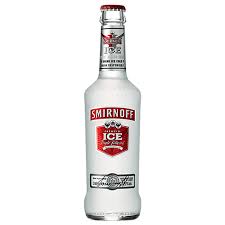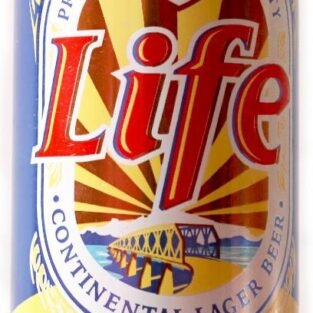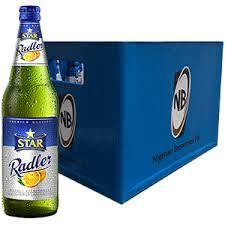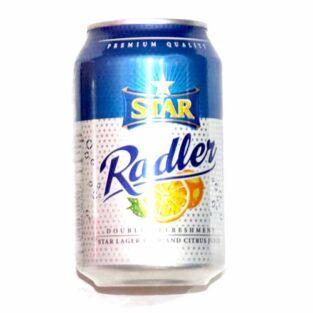Beer
What is beer?
Beer is an alcoholic beverage produced by extracting raw materials with water, boiling (usually with hops), and fermenting it.
It is one of the oldest and most widely consumed alcoholic drinks in the world, and the third most popular drink overall after water and tea.
Benefits of Beer
Drinking one or two standard beers per day may have positive effects, such as benefits to your heart, better blood sugar control, stronger bones, and reduced dementia risk.
Beer is used for preventing diseases of the heart and circulatory system, including coronary heart disease, “hardening of the arteries” (atherosclerosis), heart failure, heart attack, stroke, and other heart-related ailments.
Beer is also used for preventing the decline of thinking skills in later life, Alzheimer’s disease, weak bones (osteoporosis), gallstones, type 2 diabetes, heart disease in people with type 2 diabetes, kidney stones, prostate cancer, breast cancer, other cancers, and Helicobacter pylori (H. pylori) infection. H. pylori is the bacterium that causes ulcers.
However, the abuse of beer can trigger a chain of adverse effects.
Side effects
Beer is unsafe for most people when used in moderation. Drinking more than this at one sitting is likely not advised and can cause a lot of side effects, including flushing, confusion, trouble controlling emotions, blackouts, loss of coordination, seizures, drowsiness, trouble breathing, low blood sugar, vomiting, diarrhea, bleeding, irregular heartbeat, and others.
Long-term use can lead to alcohol dependence and can cause many serious side effects, including malnutrition, memory loss, mental problems, heart problems, liver failure, swelling (inflammation) of the pancreas, cancers of the digestive tract, and others.
Pregnancy and breast-feeding: Alcohol is not safe to drink during pregnancy. It can cause birth defects and other serious harm to the unborn infant. Drinking alcohol during pregnancy, especially during the first two months, is associated with a significant risk of miscarriage, fetal alcohol syndrome, as well as developmental and behavioral disorders after birth. Don’t drink alcohol if you are pregnant. Pregnant women should heed this.
Alcohol is also not good to drink when breastfeeding. Alcohol passes into breast milk and can cause abnormal development of skills that involve both mental and muscular coordination, such as the ability to turn over. Alcohol can also disturb the infant’s sleep pattern. Despite a rumor to the contrary, alcohol also seems to reduce milk production.
Heart conditions: While there is some evidence that drinking beer in moderation might help to prevent congestive heart failure, it is harmful when used by someone who already has this condition. Using alcohol can make chest pain and congestive heart failure worse.
High blood pressure: Drinking three or more alcoholic drinks daily can increase and make high blood pressure worse.
High levels of blood fats called triglycerides (hypertriglyceridemia): Drinking alcohol can make this condition worse.
Trouble sleeping (insomnia): Drinking alcohol can make insomnia worse.
There are many brands of beer. Don’t forget that we have craft beer: A craft brewery or microbrewery is a brewery that produces small amounts of beer, typically less than large breweries, and is often independently owned.
Naijahfresh is a distributor of many beer brands in Nigeria including some foreign beer brands. Our price is ever friendly. From our premium beer to imported brands, we readily serve you at your convenient location.
Showing 1–9 of 17 resultsSorted by latest












